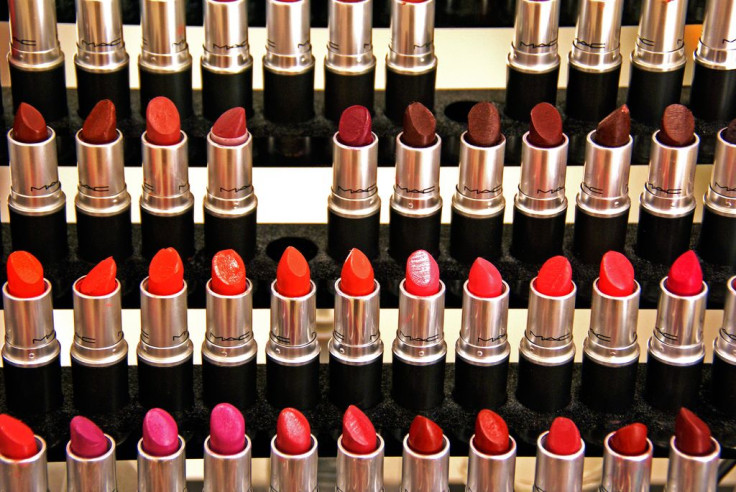Some Makeup Companies Aren't Telling The Truth In Their Ads; 4 Out Of 5 Make False Claims

That alluring makeup ad telling you a new cream or concealer will take years off your face while revitalizing your skin to its once previous firmness is lying to you. A recent study released Monday has found that only 18 percent of all claims made in cosmetic advertisements are actually true, while the rest are covering up for something.
The study, published in the Journal of Global Fashion Marketing, found that only one in five advertisements could be proven for accuracy, while most dashed the truth with vague, scientific-sounding terms like “clinically proven” and “dermatologically tested.”
For the study, researchers looked at 289 full-page advertisements in fashion magazines, like Vogue, Glamour, and Marie Claire, that featured makeup, body care products, facial skincare products, fragrances, hair products and nail polishes. A panel of three judges then examined so-called “scientific claims,” and categorized them into one of four groups: outright lie, omission, vague, and acceptable.
After going through just seven magazines, researchers discovered that 621 out of 757 claims made by these companies did not add up. Only 18 percent were filed into the “acceptable” category, while just 14 percent were concluded to be trustworthy.
“Deception not only undermines the credibility of advertising as a whole by making consumers defensive, but also produces damaging effects for the advertisers who are directly responsible for making the claims,” Professor Jie Fowler, from Valdosta State University in Georgia, told the Telegraph. “The study makes it clear that marketers have a powerful self-interest in upholding the truth in cosmetics advertising. The article presented the genesis and current status of cosmetic claims and suggested that more regulations need to be developed.”
What’s more, researchers also noted that if on-sale cosmetics were actually able to do half of the things they claimed, they would have such an effect on metabolism that they'd have to be considered medicine.
Claims of “wellbeing and happiness,” the age-old advertising tactic, were also found to be unsubstantiated by researchers. Overall, they found that “those who back the claims with scientific evidence and consumer testing often use questionable methodologies for their substantiation.”
This is not the first instance in which cosmetic companies danced around the truth. The potential for the chemicals used within cosmetics to cause harm is also relatively unknown to consumers, and mostly unregulated. A proposed amendment to the current federal Food, Drug, and C0osmetic Act cited that women typically put 168 chemicals on their bodies each day, the health repercussions of which are mostly unknown.
Scott Faber, Environmental Working Group’s vice president of government affairs, told ABC, “Cosmetics are sort of the last unregulated area of consumer product laws. I can’t overstate how little law is now on the books. The FDA virtually has no power to regulate the products we use every day.”
And with little consumer knowledge or government regulation going into these products, cosmetic companies are free to make these advertising claims that we see so often. Your best bet when dealing with cosmetics: proceed with caution, and take everything with a grain of salt. Most products are not the miracle they claim to be, and looking up chemicals that are used within your favorite creams and shampoos is the best way to avoid potential health repercussions.
Source: Fowler J, Reisenwitz T, Carlson L, et al. Deception in cosmetics advertising: Examining cosmetics advertising claims in fashion magazine ads. Journal of Global Fashion Marketing. 2015.



























